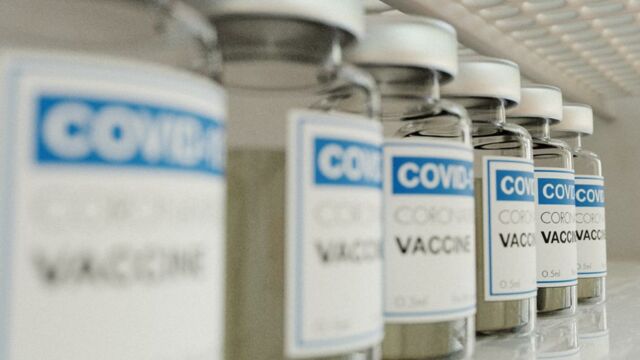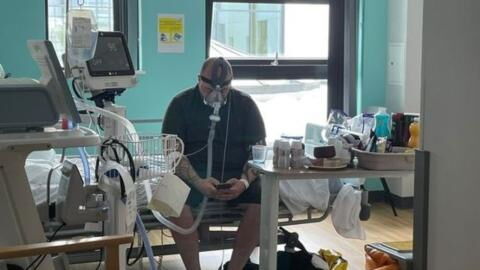New research suggests that the UK’s move to extend the time between first and second doses of theCOVID vaccine could have saved more lives than the regular dosing schedule.
Discover our latest podcast
Study backs-up decision to delay the second COVID vaccine
During the vaccine rollout, Britain initially decided to go against the advice of the World Health Organisation (WHO) and chose to offer the second coronavirus jab between three and 12 weeks after the first dose. The reasoning behind the decision was to enable as many residents as possible the opportunity to get their first dose.
A recent study, conducted by researchers from the Harvard School of Public Health in Boston and the Massachusetts Institute of Technology (MIT), found that if the first dose offered up to 80% protection from the virus and the second dose were delayed, then deaths would fall to 207 per 100,000 people.
If jab receivers had their second dose three to four weeks after the first (as WHO recommended), then the deaths would have risen to around 233 per 100,000.
The study, which was published in the British Medical Journal (BMJ), used a simulated model based on a population of 100,000 US adults and found that delaying the second dose of the COVID vaccinewould prove successful if the first dose offered significant protection and the population was being vaccinated at a rate of 0.1-0.3% per day.
Researchers at Harvard and MIT concluded that the strategy to delay the second COVID vaccine doses would have saved between 26-47 per 100,000 people.
The UK's controversial move has now been vindicated
Britain’s choice to delay the second vaccine doses was initially met with much controversy, as infection rates were rising rapidly. Many experts warned that the delayed administration of the doses had not been thoroughly studied during vaccine trials. However, advocates of the move stated that putting off the second dose was the best way to save lives and that clinical trial results did support the decision. Dr Peter English, a former chair of the BMA Public Health Medicine Committee, explained to the Independent:
It became clear that, while the bottle-neck was vaccine availability, far more lives could be saved, and hospital and critical care admissions prevented, by providing one dose to as many people as possible, particularly those at highest risk of serious COVID-19 disease outcomes, before providing second doses. This was the basis for the UK decision to delay the second dose until 12 weeks, which has proven highly effective.
The authors of the study confirmed that under certain conditions, delaying the second dose of the COVID vaccine is the best course of action:
The results suggest that, under specific conditions, a decrease in cumulative mortality, infections, and hospital admissions can be achieved when the second dose of vaccine is delayed.
The authors further elaborated that the results were best when second doses were delayed for those under 65 but prioritised for the elderly and most vulnerable:
This was most significant when the second dose was delayed in people below 65 years of age, with second doses still prioritised for those over 65. The conditions in which these benefits were observed included the first-dose vaccine efficacy being above 70 per cent and vaccination rates remaining below 1 per cent of the population per day.
They continued:
Delaying the second dose but prioritising it for people aged under 65 can result in lower mortality rates compared with the standard two-dose strategy, even at vaccination rates up to 1 per cent of the population per day.















